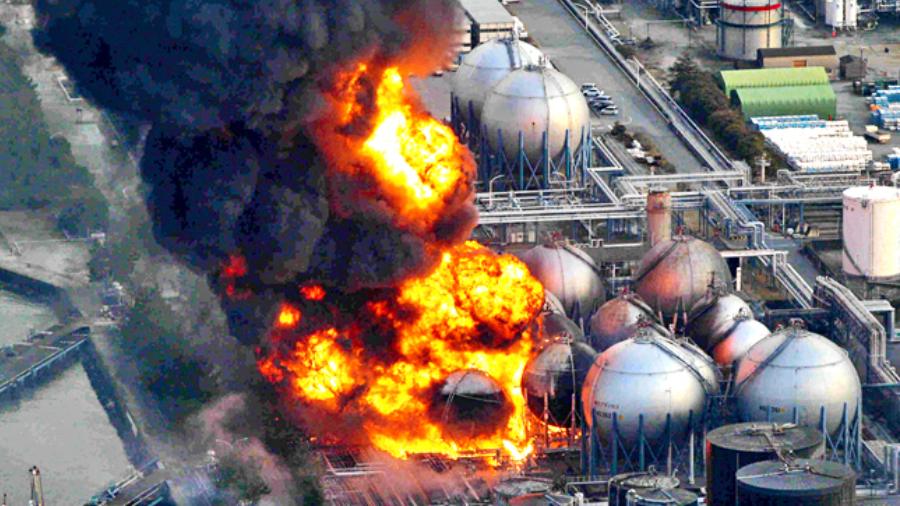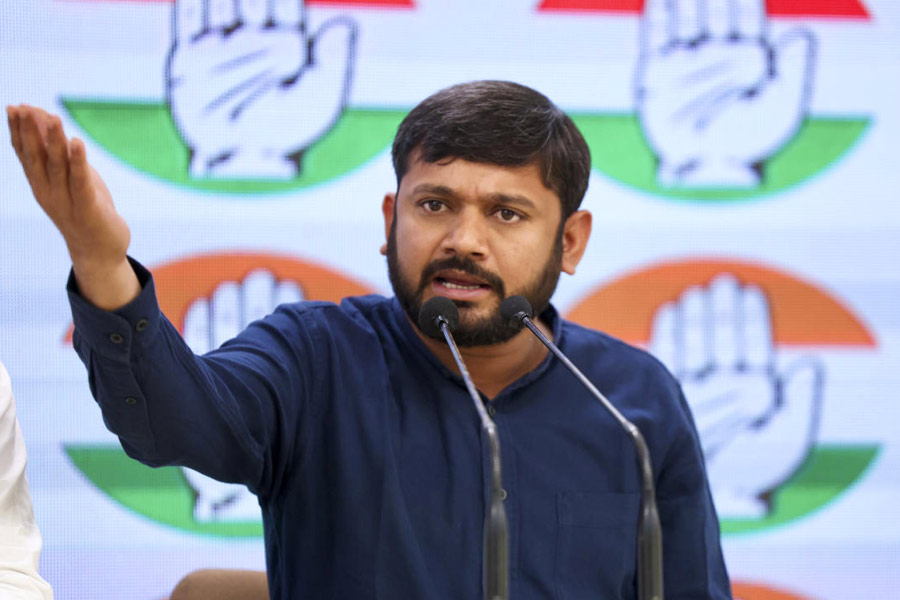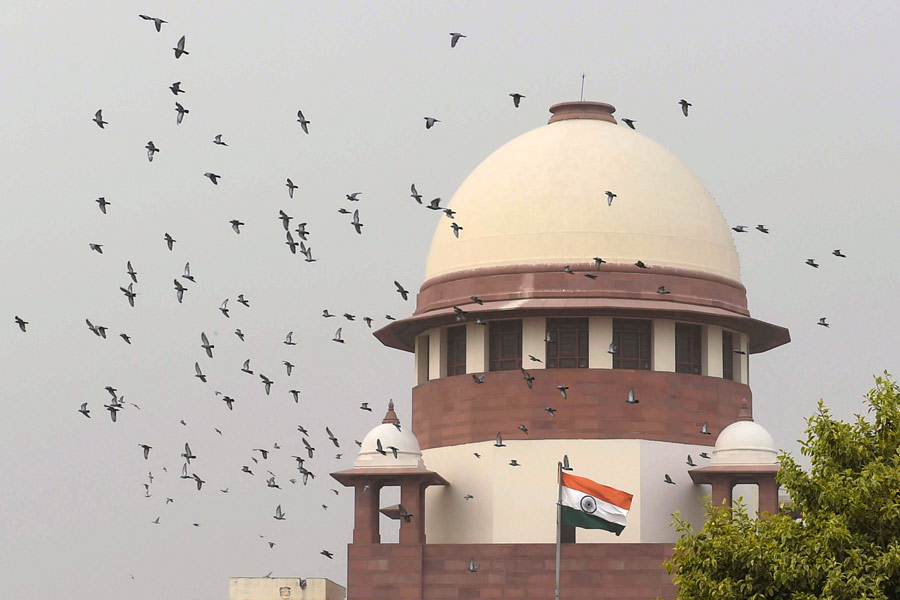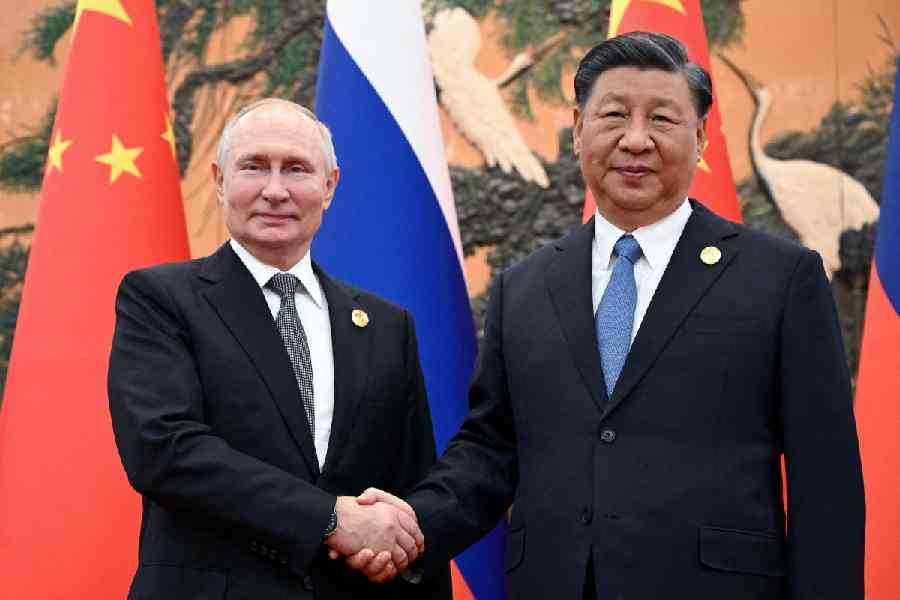Book: Atoms And Ashes: A Global History Of Nuclear Disasters
Author: Serhii Plokhy
Publisher: W.W. Norton
Price: $30
Serhii Plokhy’s book reads almost like a thriller. The Ukrainian historian re-examines six major nuclear disasters by taking a well-rounded tour through the political, social and cultural history of nuclear calamities. In the process, he demystifies nuclear science, while also shedding light on the “human factor” (personal and socio-cultural biases as well as errors arising from exhaustion, cost-cutting or poor decision-making) that creep into the making of disasters.
Among the cases are two by the US (Bikini Atoll, 1954 and Three Mile Island, 1979), two by the USSR (Kyshtym, 1957 and Chernobyl, 1986), one by Britain (Windscale, 1957) and the last in Fukushima, Japan. Geopolitical ambitions overrode regulations — the Soviets bit off more than they could chew to go one-up on the US; the British dove head-on into nuclear research in lieu of American partnership and respect; the Japanese refused to consider tsunami risks. Clever PR messaging motivated by vested interests and political inertia often concealed the truth about these accidents.
A tendency to look at nuclear accidents as “opportunities” for learning reveals a cavalier attitude where means justify the end. Corporations and governments underplay risks and consequences even in light of the horrors unleashed by these accidents. Improvisations made after every disaster lead to new, unforeseen complications; the mistakes are later glorified as testaments to progress made.
For disasters like the ones in Three Mile Island, Windscale and Chernobyl, clean-up and decontamination work is still underway. The extended fall-out will also threaten future generations. The money spent in decommissioning nuclear reactors, land rehabilitation and compensations collectively amount to hundreds of billions of dollars, exponentially higher than what it would take to fight world hunger.
Today, nuclear energy provides 10% of the world’s electricity, a share that is low but not insignificant considering the climate catastrophe. In light of events described across the book, nation-states seem to be disguising their imperialistic ambitions using the dialogue of climate change and the need for clean energy. This is reflected in how countries have expanded their nuclear arms base more than they have used nuclear technology to generate energy.
Reading case after case of men creating and responding to political events with haste, desperate to show the world their might by investing money and resources in heavy-grade ballistics, one can only feel exhausted. At a time when mass extinction owing to capitalistic overconsumption is imminent — even switching to renewable energy completely will be inadequate - it is imperative to question why production systems require ever-increasing energy: who uses the most energy? What are these requirements driven by? Are de-growth and de-carbonisation not the only way forward, thereby reducing the need to increase nuclear dependence? This is a point that the book subtly acknowledges.
When global poverty, hunger and unrest are at an all-time high, under the ever-looming threats of climate change, we do know what is needed for survival. We do have the resources, the money, and the means for people everywhere to not suffer as much. What is lacking is the intention, amidst corporate greed and political fallacy. The future of nuclear power can be easily determined in that backdrop, only if we as a collective society agree to make the tough decisions and foreground what is really important.










